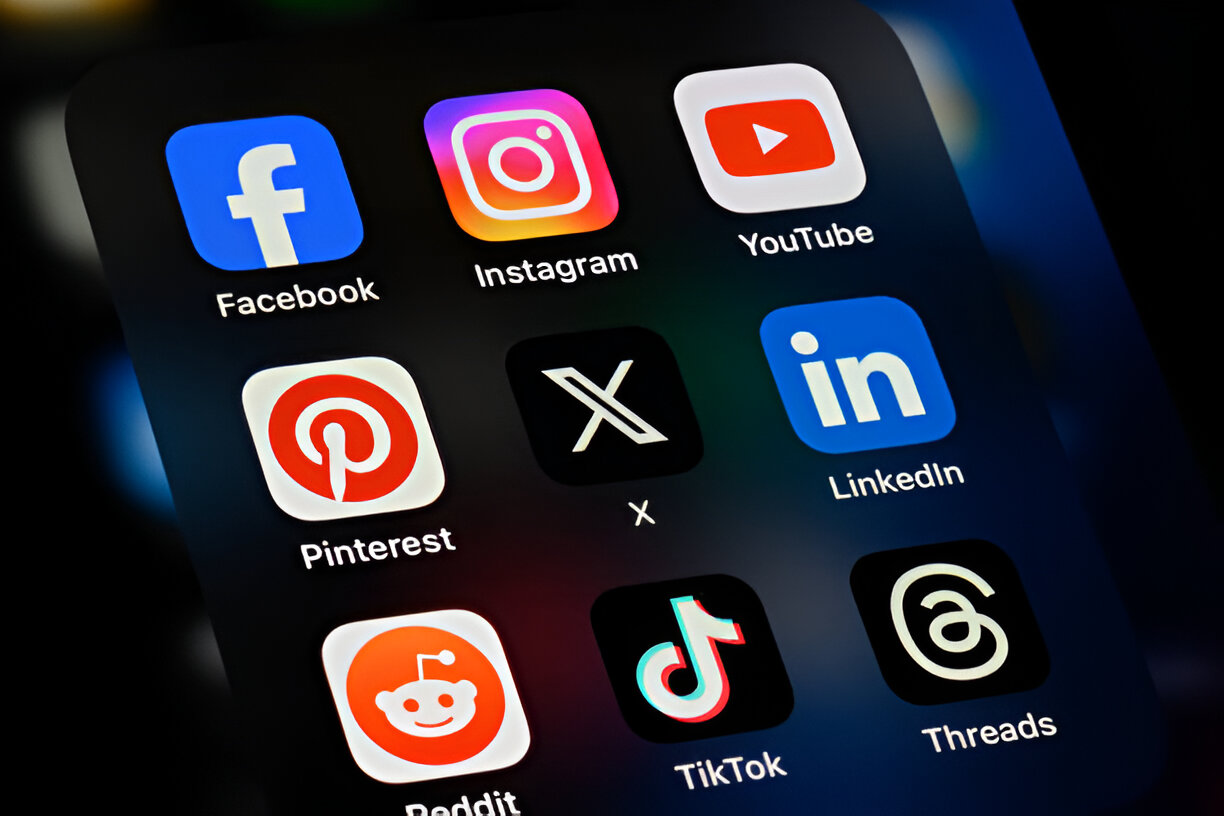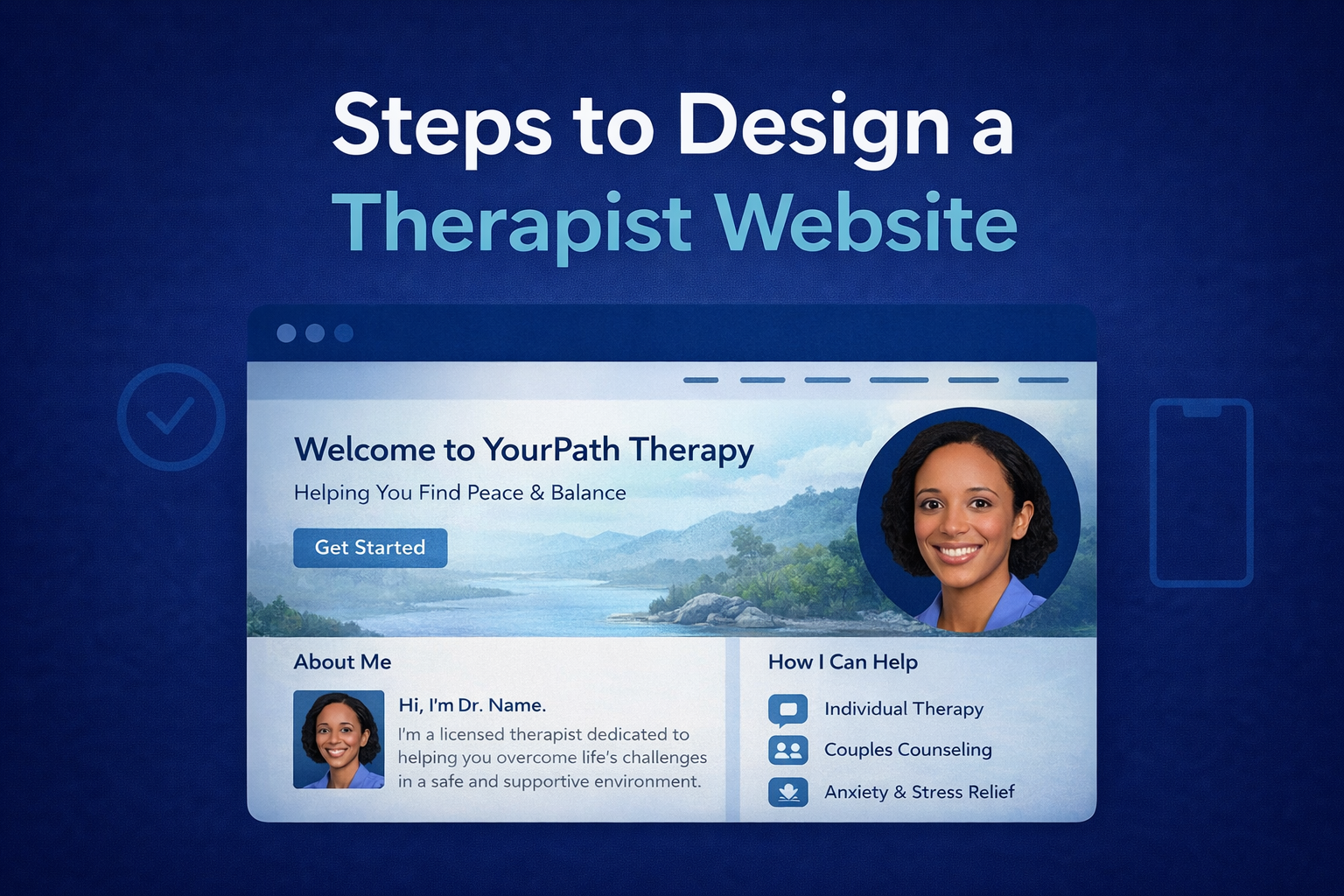Psychologists looking to expand their practice and connect with a broader audience must harness the power of social media. Platforms like Instagram, Facebook, LinkedIn, and Twitter provide opportunities to educate, engage, and attract potential clients while maintaining credibility. Social media strategies for psychologists are more than just an online presence; they’re a tool for building trust, sharing expertise, and positioning yourself as an authority in the mental health field.
This guide explores the most effective social media strategies for psychologists, covering platform selection, content creation, audience engagement, and ethical considerations to ensure a professional and impactful online presence.
Implementing effective social media strategies for psychologists can greatly enhance their outreach and client interaction.
For specialized IT solutions and digital marketing strategies tailored to mental health professionals, visit Mental Health IT Solutions (MHIS).
Understanding social media strategies for psychologists is essential in today’s digital landscape.
Why Social Media Matters for Psychologists
These social media strategies for psychologists can lead to increased visibility and improved client relationships.
Utilizing social media strategies for psychologists effectively helps in building a professional brand.
Social Media Strategies for Psychologists
A strong social media presence is essential for modern psychologists aiming to enhance client engagement and establish credibility. Unlike traditional marketing, social media provides a direct way to communicate with audiences, offering educational content, mental health insights, and professional support.
Key Benefits of Social Media for Psychologists
- Increased Visibility: Reach a broader audience and attract potential clients.
- Educational Outreach: Share mental health insights and reduce stigma.
- Trust Building: Demonstrate expertise and credibility.
- Client Engagement: Provide valuable resources and interact with your audience.
- Referral Growth: Connect with other professionals for networking and referrals.
For more insights on mental health marketing, check out this guide.
Choosing the Right Social Media Platforms
Selecting the right platforms is crucial. Each social media channel serves a unique purpose, and psychologists must align their choices with their target audience and professional goals.
Best Platforms for Psychologists
Psychologists should explore various social media strategies to maximize their reach.
- Instagram: Ideal for visual content such as mental health tips, quotes, and short videos.
- Facebook: Excellent for community-building, group discussions, and longer educational posts.
- LinkedIn: Best for networking with professionals, sharing research, and engaging in industry discussions.
- Twitter: Useful for real-time updates, quick tips, and joining mental health conversations.
- YouTube: Perfect for in-depth video content, including Q&A sessions and therapy insights.
A strategic presence on the right platforms ensures optimal engagement. Learn more about effective social media marketing for therapists.
Content Strategies for Maximum Engagement
Creating valuable and engaging content is key to social media success. Psychologists must provide informative, accessible, and ethically responsible content to build trust and authority.
Effective Content Types
- Educational Posts: Tips on anxiety management, self-care, and mindfulness.
- Infographics: Visual representations of complex mental health concepts.
- Client Testimonials: (With consent) Share success stories to build trust.
- Live Sessions & Q&As: Engage with followers in real-time discussions.
- Personal Insights: Share thoughts on mental health trends and research.
For additional content marketing strategies, explore this resource.
Crafting tailored social media strategies for psychologists enables effective audience engagement.
Strategically implementing social media strategies for psychologists supports their marketing objectives.
Best Practices for Building a Professional Brand
A well-defined brand strengthens credibility and fosters audience trust.
Psychologist Branding Essentials
- Consistent Messaging: Maintain a clear and professional tone.
- Cohesive Visual Identity: Use a consistent color scheme, fonts, and logos.
- Regular Posting Schedule: Maintain a steady content flow to keep engagement high.
Discover more about creating a compelling online presence.
Ethical and HIPAA Compliance Considerations
Psychologists must follow ethical guidelines to protect client confidentiality and maintain professionalism online.
Ethical Social Media Practices
Psychologists can amplify their message by adopting social media strategies effectively.
Applying proven social media strategies for psychologists contributes to professional growth.
- Avoid sharing client information or identifiable details.
- Use disclaimers to clarify that content is for informational purposes only.
- Refrain from engaging in direct therapy via social media.
Learn more about HIPAA compliance in digital marketing.
Engagement Techniques to Grow Your Following
A strong following increases credibility and expands reach. Engagement techniques include:
- Responding to comments and messages.
- Hosting live Q&A sessions.
- Collaborating with other mental health professionals.
- Encouraging discussions through polls and open-ended questions.
For more engagement strategies, explore therapist online marketing strategies.
Utilizing social media strategies for psychologists not only promotes their services but also fosters community.
Using Paid Advertising to Attract Clients
Psychologists can benefit from targeted social media ads to reach potential clients.
Best Practices for Paid Advertising
- Use location-based targeting for local clients.
- Create lead-generation ads offering free resources.
- Monitor ad performance and adjust strategies accordingly.
Learn more about boosting therapy service inquiries through online marketing.
The Role of Analytics in Social Media Success
Tracking analytics helps optimize content strategies. Key metrics to monitor include:
- Engagement Rate: Likes, comments, and shares.
- Follower Growth: Tracking audience expansion.
- Click-Through Rates: Monitoring traffic on shared links.
For further insights, visit this guide on boosting online visibility.
FAQs on Social Media for Psychologists
Q1: What is the best social media platform for psychologists?
A: LinkedIn for professional networking, Instagram and Facebook for client engagement.
Q2: Can psychologists give advice on social media?
A: Yes, but content should be general educational material, not personalized therapy.
Engaging with clients through social media strategies for psychologists is an effective outreach method.
Q3: How often should psychologists post on social media?
A: At least 3-5 times per week to maintain consistent engagement.
Q4: What are common social media mistakes to avoid?
A: Oversharing, lack of consistency, and neglecting engagement with followers.
Conclusion
A strategic social media presence enhances a psychologist’s reach, credibility, and engagement. By following ethical guidelines, producing valuable content, and leveraging platform-specific strategies, mental health professionals can effectively grow their practice online.
For expert digital marketing support, visit Mental Health IT Solutions (MHIS).







